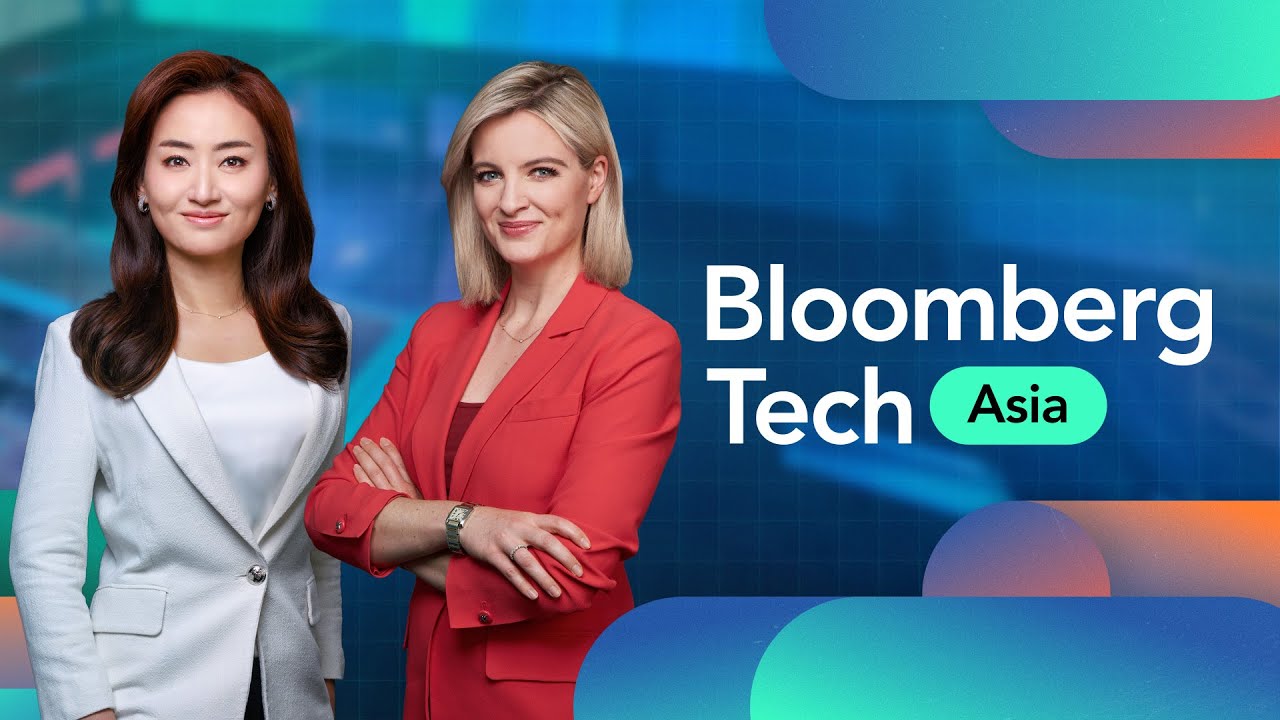The Bloomberg Tech Asia episode explores China’s rapid advancements in AI, highlighting startups like Deep Sea and Manticore that are challenging Western dominance while navigating geopolitical tensions through global expansion strategies. It also features insights from industry leaders like Tokyo Electron’s CEO on maintaining technological leadership amid U.S.-China rivalry, emphasizing the potential benefits of collaboration over competition in the evolving Asian tech ecosystem.
The inaugural episode of Bloomberg Tech Asia highlights the rapid advancements and competitive dynamics in the Asian tech landscape, particularly focusing on China’s surge in artificial intelligence (AI). The program introduces key players like Deep Sea, a Chinese AI startup that has stunned the world with cost-effective and high-performing AI models, challenging Western dominance. The episode explores the intensifying tech rivalry between the U.S. and China, emphasizing that the ultimate winner will be determined by whose technology gains broader global adoption. Beyond just model sophistication, the competition extends to standards, governance, and infrastructure, with both nations striving to shape global AI norms and ecosystems.
Wayne Chang, co-founder of China Growth Capital, and Jen Scott, CEO of Power Dynamics, discuss the investment outlook amid this AI race. They note that while Deep Sea’s breakthrough was unexpected, it signals a broader wave of innovation, especially in hardware, robotics, and infrastructure, expected over the next 18 months. They emphasize the importance of energy efficiency and modular data center solutions to support AI’s growth. Both experts highlight the necessity for Chinese startups to adopt global strategies, including relocating headquarters and expanding internationally, to navigate geopolitical tensions and tap into larger markets like the U.S.
The episode also features an interview with Victor Huang, founder of Manticore, one of the “Six Little Dragons” startups from Hangzhou, China. Manticore specializes in spatial design software and aims to leverage its vast physical data to enhance AI applications globally. Huang expresses confidence in setting a benchmark for Chinese tech entrepreneurs through Manticore’s planned Hong Kong IPO, signaling growing international ambitions despite strong domestic competition. The company focuses on serving both Chinese and American markets, illustrating the dual approach many Chinese startups are adopting to thrive amid global tech tensions.
Tokyo Electron’s CEO, Toshiaki Kawai, provides insights into how Japan’s leading semiconductor equipment maker is navigating the U.S.-China tech rivalry. Despite restrictions on selling certain equipment to China, Tokyo Electron remains confident in maintaining its technological edge over Chinese competitors by accelerating innovation. Kawai underscores the ongoing demand for advanced semiconductors driven by AI’s expanding applications and the global push for digital and green transformation. He views tariffs as having minimal short-term impact but stresses the importance of collaboration with American partners to overcome trade challenges and seize business opportunities.
Overall, the episode paints a complex picture of the evolving tech ecosystem in Asia, marked by fierce competition, innovation, and strategic adaptation. It underscores the complementary strengths of the U.S. and China in AI and semiconductor development, suggesting that a collaborative global ecosystem may be more beneficial than a binary rivalry. With a massive talent pool and intense domestic pressures, Chinese startups are increasingly looking outward, while established players like Tokyo Electron continue to innovate to stay ahead. Bloomberg Tech Asia promises to continue covering these dynamic developments, offering expert analysis and live discussions on the future of AI supremacy.
